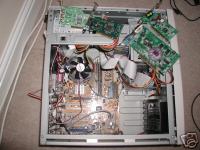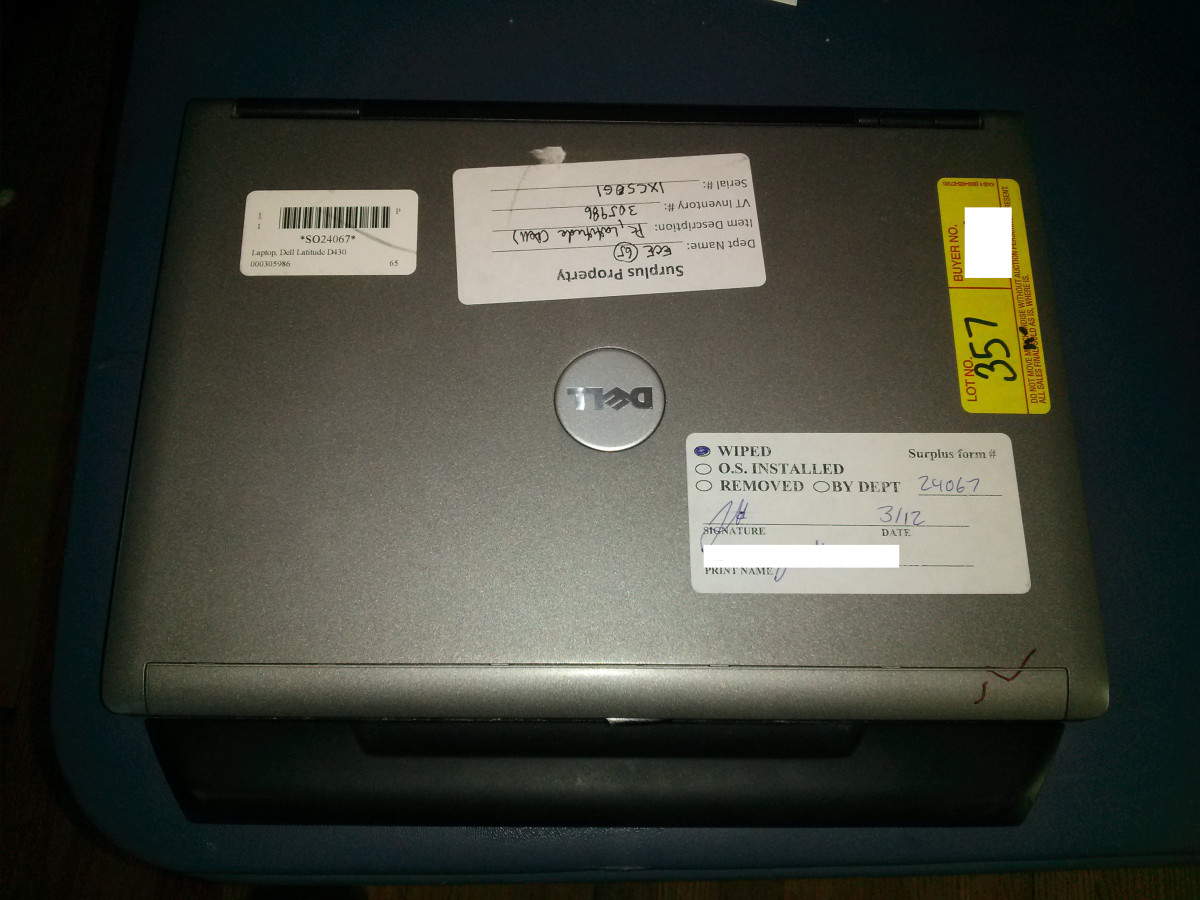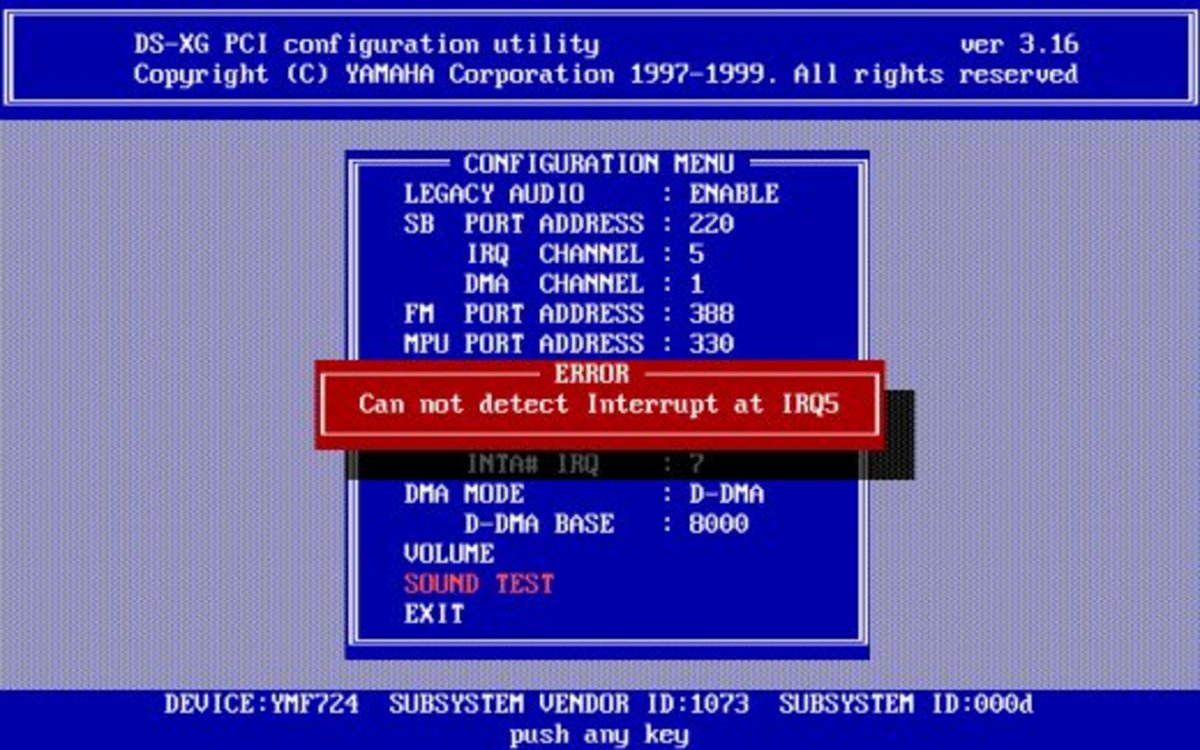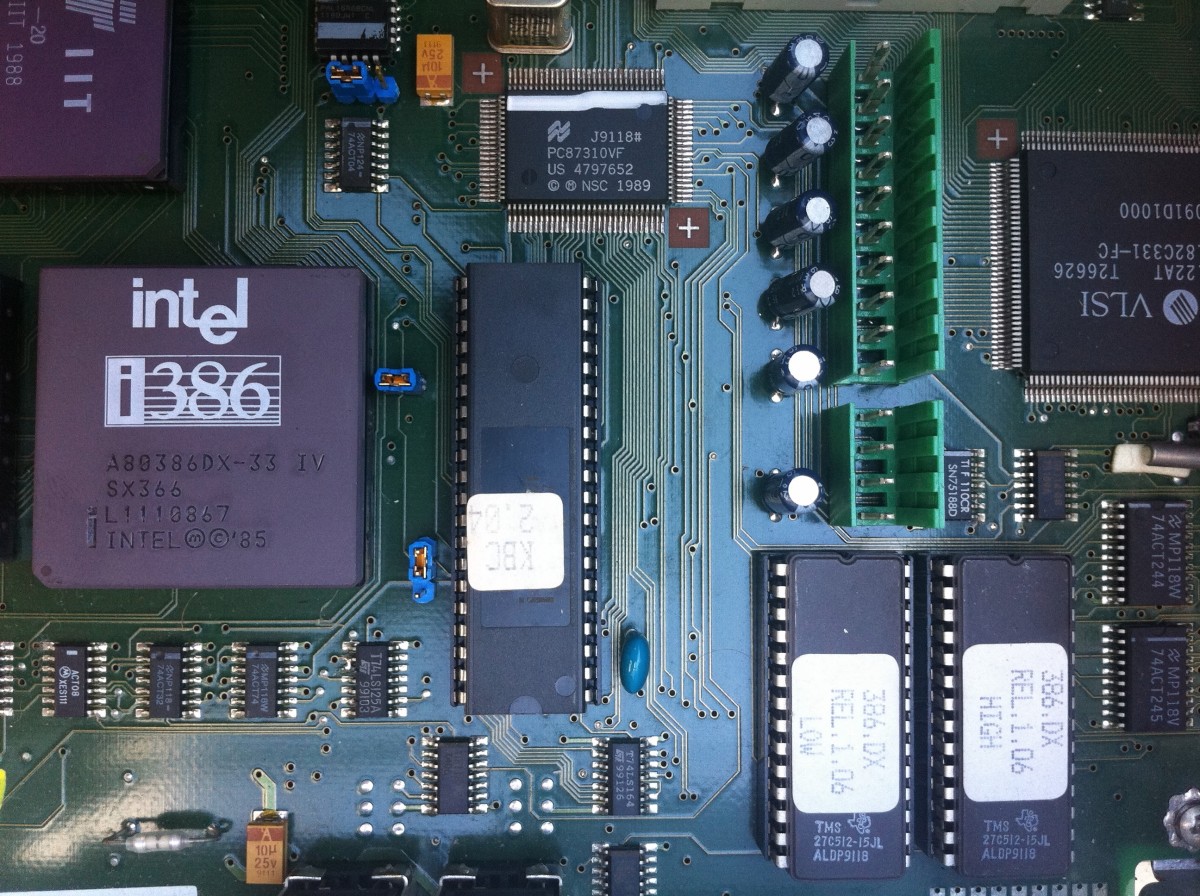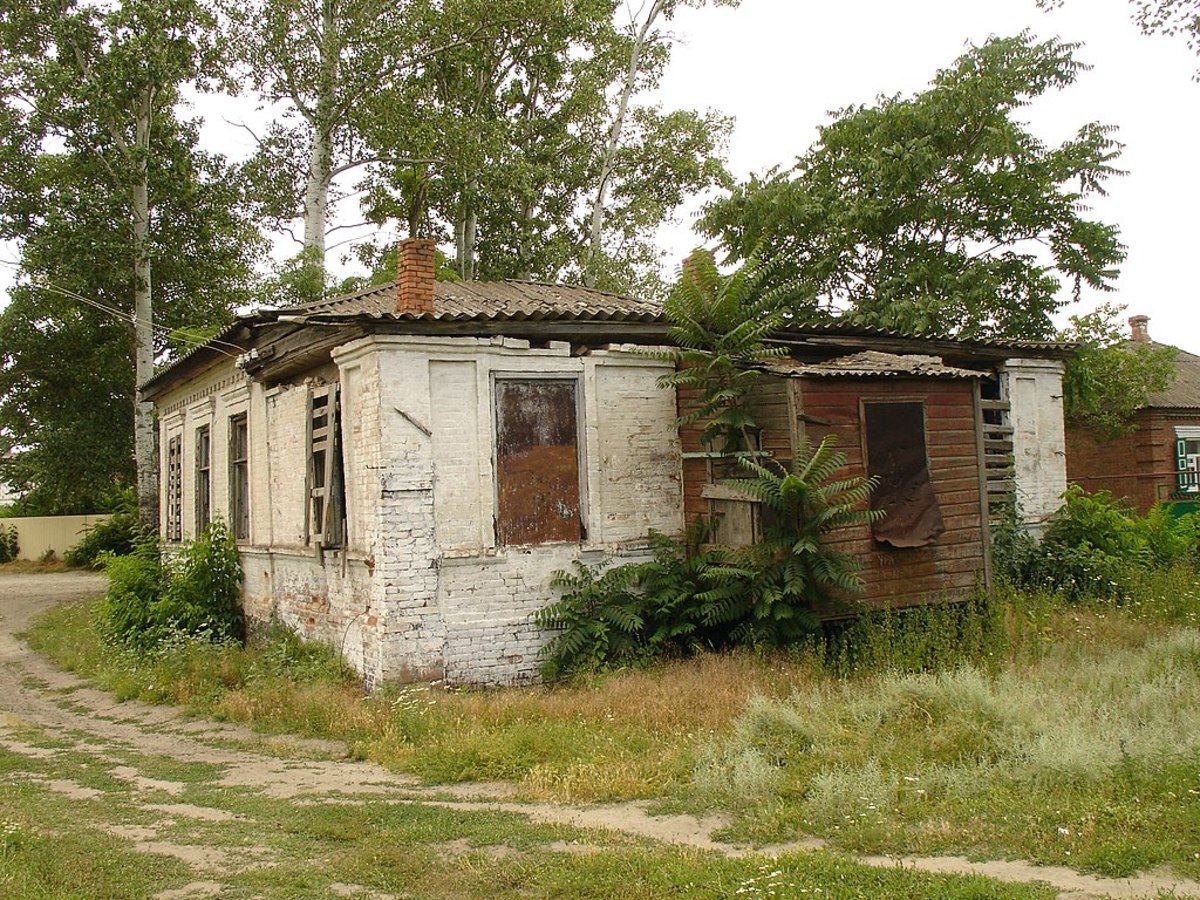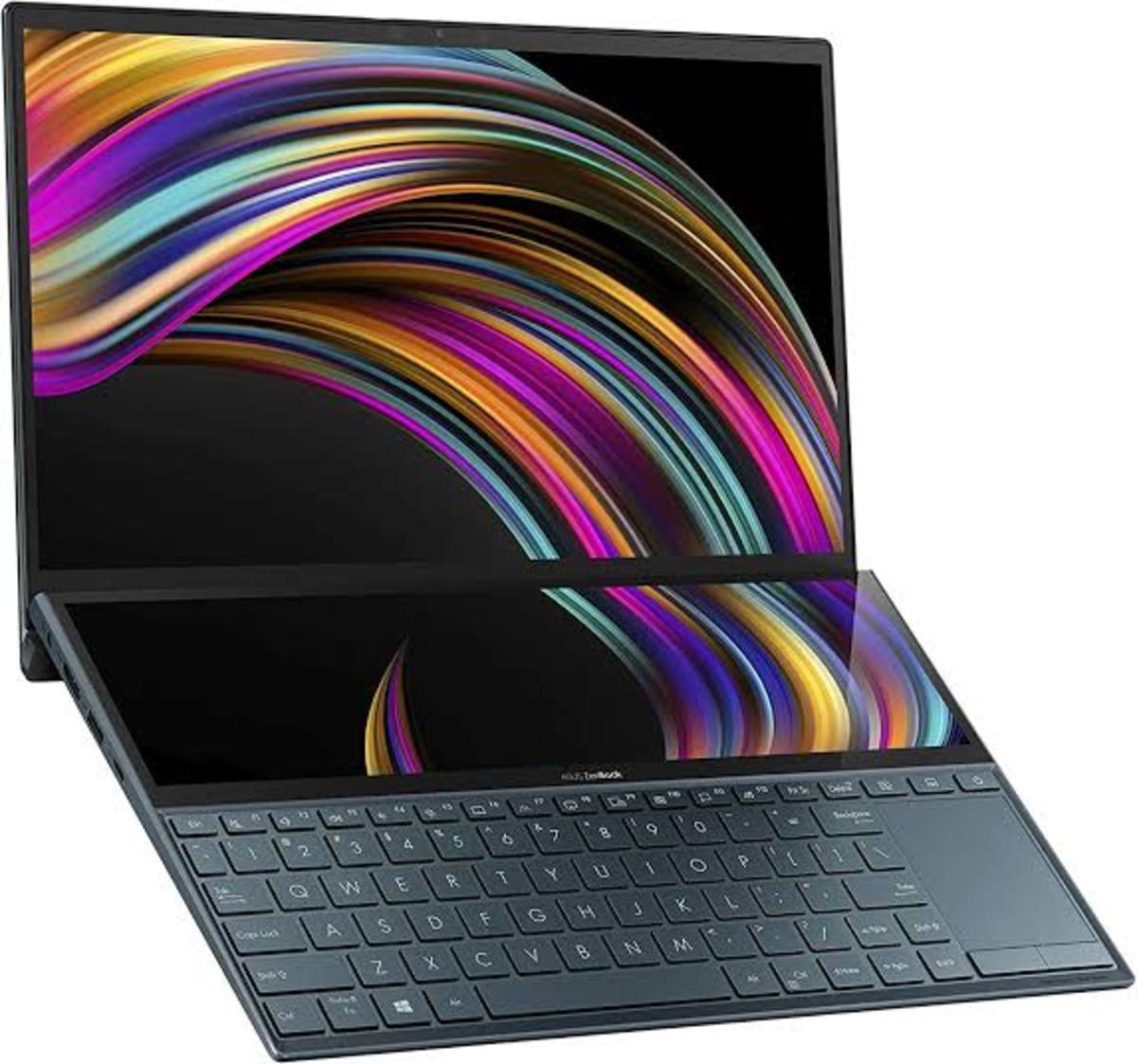DIY PC Servicing / Repair
Get Your PC Running Like New Again!
Booting Problems
If your pc simply won't boot up or even power on then you need to start by ruling out the possibilities of what's going wrong until you have your final answer. If your pc simply won't power up then it is most likely that there is a problem with the psu (power supply unit). This is where the mains supply plugs into your pc and it can be bought fairly cheap and easily replaced. If your pc powers up but finds no operating system then there is either a problem with your hard drive. First, check to make sure all the leads are connected. Next, go into your bios menu by repeatedly tapping the 'del' button at startup (this may be different for some pc's). In the bios menu locate and check that the boot sequence is set to boot up from the correct drive. If not, put it right and save the settings. If you are still having problems there is one trade secret that you can try. Inside your pc is a small battery, a bit bigger than a watch battery. Try taking this out for a few minutes then replacing it. This should reset everything to the default settings and usually works. It also works for removing administrator boot passwords. If your pc still won't load then take the hard drive out and have it checked for errors by plugging it into a different pc that already has an operate system installed on its own drive. You can the attempt to repair and recover any errors or bad sectors on the disk.
Viruses / Spyware / Adware
Though spyware is generally used for targeted advertising purposes, more and more of it is becoming increasingly malicious. There are plenty of rogue spyware removal programs out there that claim to fix your pc then just fill it up with more malicious software. Some viruses out there are extremely dangerous, usually e-mail viruses which can cause such damage as destroy an entire hard drive in one go. You should use a top brand name antivirus and firewall to protect your pc and keep them updated. You should probably scan once a week but I would say at least twice a month. As free tools I would recommend both ad-aware 2007 and Spyware Doctor, which is available for free as part of the google pack.
Folders Popping Up, Programs Not Working
This is most likely due to registry errors where files have become cross-linked, placed in the wrong place on the drive, etc. One of the best free registry cleaner programs I have come across is ccleaner which is available from filehippo.com. Running this program continuously until it doesn't find any more errors usually sorts out all sorts of registry problems. It is also handy for cleaning out hidden cookies and temporary files that can cause your system to slow down to a crawl. Should this not fix the problem then it is recommended that you repair the registry using the original windows setup disc (if you have it!).
Cookies, Temporary Files And Cleanup
Aswell as storing cookies in your usual folder, your computer also stores them in other locations aswell as creating temporary files in the windows system files. To clear these files, which may cause your system to run slower, you can either use the ccleaner program above which does the job superbly or you can do it yourself. Go to your control panel and click on internet options. Here, there are options to clear cookies, stored passwords and temporary internet files. You should clear all this at the end of each day. If you do not clear your temporary files it makes it much easier for malicious software programs such as viruses and spyware keep track of your internet usage and target you more easily. Some viruses are known to steal passwords and bank account details so if you are using e-commerce or buying online then you need to be particularly secure.
Windows Updates
As time goes on more and more flaws and security holes are being found in operating systems, which can be exploited by malicious users. Microsoft regularly release security updates in order to patch up these holes, some of which are regarded as critical. To avoid the risk of attackers being able to exploit these holes on your pc you should regularly make sure that your computer has the latest windows security updates. If you are using windows xp, then make sure you have at least service pack 2.
Defragmenting The Hard Drive
One process that can rapidly speed up your pc is ensuring that the hard drive has been defragmented. If you use your pc regularly and you have never ever done this, then it will probably take longer but can make a massive overall different. By going to 'My Computer' and right clicking on the C: drive you can view its properties and analyze whether it needs defragmenting or not. Usually, all the fragments are shown in red. These fragments have become spread out in various spaces over the drive and therefore taking longer to load up. By defragmenting the drive, you are placing all the necessary files for each program installed on your pc next to each other, enabling them to be found quicker.
System Instability / Hardware Conflict
In some cases I have come across pc's that have either been unstable or recovered from a serious error. Most of the time this is due to some kind of hardware conflict such as the ram (memory stick) not being compatible or running at the wrong speed. It is also a possibility that the wrong drivers for the hardware is installed and needs to be rolled back. In one case, I checked the bios menu for information to find that the system had been overclocked but because it had been unstable the user had overvolted it aswell which resulted in it overheating. The best way of testing hardware is to remove it all and test everything one by one. Once the problem kicks in you have found your problem hardware. If a system does happen to be overclocked you should be able to work around it by setting everything to the default system settings in the bios menu.
Reinstalling Windows
If your operating system has become damaged to the extent where you just cannot get it functioning properly again, then you should use an original windows disc to format the entire hard drive and reinstall windows. This process scans the hardware connected to your pc and installs the necessary drivers automatically, although you may have to search for one or two yourself on the internet.
just a jigsaw puzzle!
